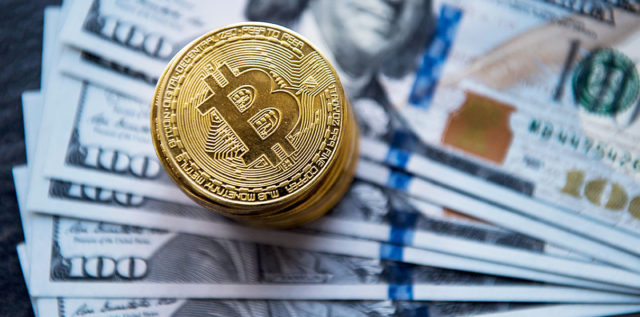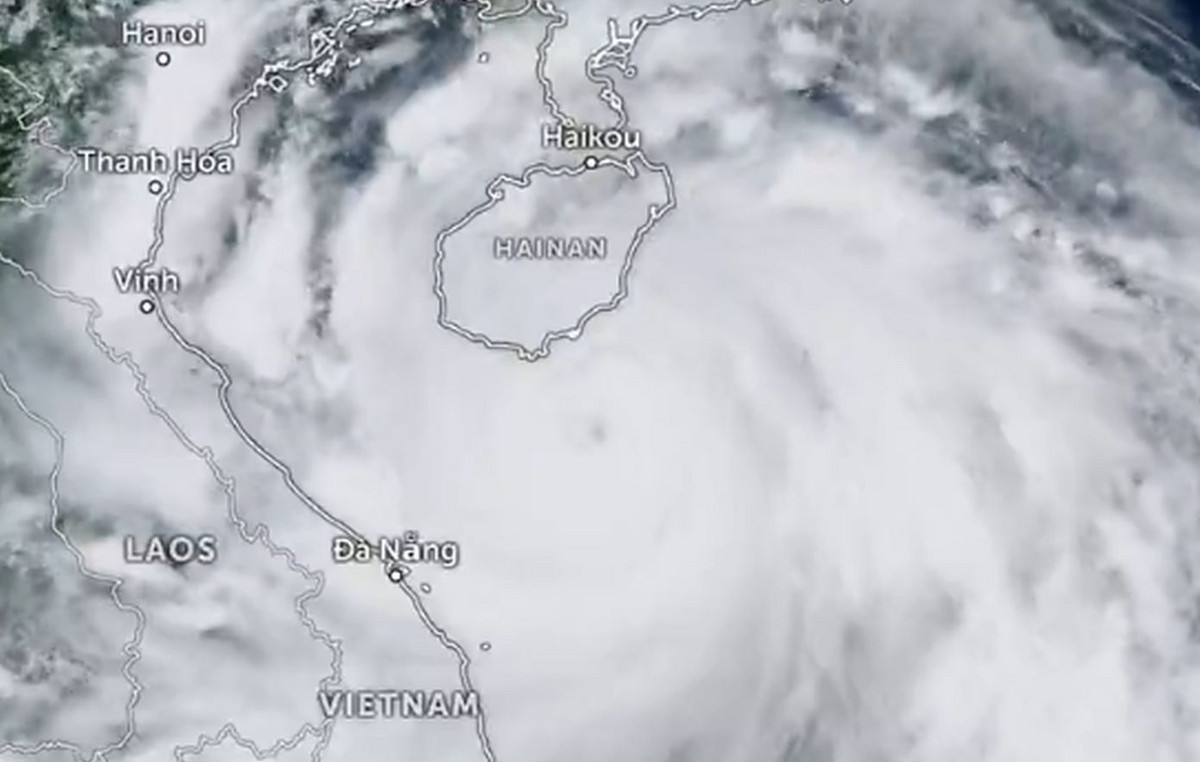Western sanctions on Russia after the invasion of neighboring Ukraine are causing economic bleeding. Whole branches are on the verge of collapse.
Much has changed in the daily lives of Russians a week after the attack on neighboring Ukraine. The West responded with unprecedented sanctions that leave no sector of the economy unaffected. They started with symbolic measures, but now they are causing serious financial bleeding. Within a few days the ruble lost a third of its value against the dollar. There is information on queues at ATMs and significant problems with credit card usage. Home appliances, western clothes and shoes are once again becoming scarce goods, as was the case in Soviet times. Analysts predict a double-digit recession rate if this situation continues until the end of 2022.
Russia’s preparations
For the time being, the Kremlin insists on an optimistic reading of reality, although it acknowledges that there are problems. “Of course the Russian economy is under strong pressure, but we have the strength to resist,” said Kremlin spokesman Dmitry Peshkov. Moscow estimates that the markets will return to normal very soon and since the annexation of Crimea in 2014, it has come to terms with the Western logic of “sanctions”.
In fact, since then, official Russia is not talking about “sanctions”, but about a “new economic reality”, to which it must adapt. But the latest blow to the Russian economy is far greater than ever. In a first reaction, Moscow is setting up a new crisis management center under Prime Minister Mikhail Misustin to reduce market turmoil.
A blow to aviation is the decision of many Western countries to close their airspace to Russian aircraft. Travel agencies record an impressive reduction in bookings of up to 70%. Those who want an exotic vacation at all costs, should resort to cash, as many Russian banks have been excluded from the international payment system SWIFT. In Thailand, for example, some hospitals have announced that they do not treat Russian tourists except for cash.
As expected, the country’s central bank reacted immediately to the collapse of the hryvnia. It nearly doubled its lending rate in a bid to stem a vicious cycle of currency devaluations and price increases. But the central bank itself has probably been surprised by the West’s decision to de facto “freeze” two-thirds of its assets. Reuters talks about a video, in which the head of the bank Elvira Nabiulina confesses to her associates that she herself did not expect such a painful scenario.
A blow to the middle class
The financial newspaper Vedomosti points out that the sanctions have mainly affected the middle class. In some restaurants in Moscow bookings have been reduced by 60% in recent days. As one psychologist points out in a Russian newspaper, “in the past, the impression was that sanctions are something that only concerns the elite, but now we see that it concerns us all.” Speaking to Kommersant newspaper, economic analyst Sergei Utkin warned that “economic losses would be enormous” and that “the way of life for entire social strata is threatened.” What Moscow also did not expect was the imposition of sanctions in the field of sports. More and more Russian teams are excluded from major events, while international sporting events, such as the Champions League final, originally scheduled to take place in St. Petersburg, are postponed or postponed.
Russian artists, such as the well-known conductor Valery Gergiev, are losing their jobs in the West. The effects on cinema are even more painful. The blockbuster Batman blockbuster will premiere worldwide on Thursday, but not in Russia. It is not the only American overproduction that cancels its distribution in Russia. The masters of the halls, who in previous years secured 70% of their receipts with western productions, speak of revenue losses of up to 70%. If the situation does not improve by May, many will be forced to put a “padlock”.
Roman Goncharenko
Edited by: Giannis Papadimitriou
Source: Deutsche Welle
Source: Capital
Donald-43Westbrook, a distinguished contributor at worldstockmarket, is celebrated for his exceptional prowess in article writing. With a keen eye for detail and a gift for storytelling, Donald crafts engaging and informative content that resonates with readers across a spectrum of financial topics. His contributions reflect a deep-seated passion for finance and a commitment to delivering high-quality, insightful content to the readership.







